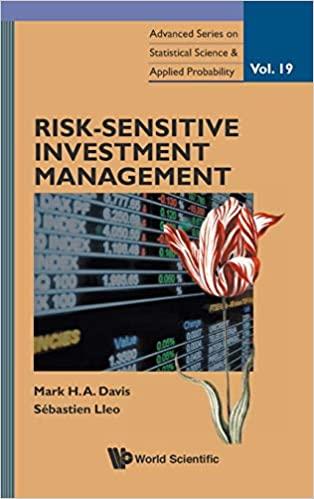Question
In the following question, we have 8% cost of capital and 10% required interest rate. When calculating the NPV which one MUST be used and
In the following question, we have 8% cost of capital and 10% required interest rate. When calculating the NPV which one MUST be used and why?
Problem: Later, the company is considering the purchase of machinery and equipment to set up a line to produce a combination washer-dryer. They have given you the following information to analyze the project on a 5-year timeline: Initial cash outlay is $150,000, no residual value. Sales price is expected to be $2,250 per unit, with $595 per unit in labor expense and $795 per unit in materials. Direct fixed costs are estimated to run $20,750 per month. Cost of capital is 8%, and the required rate of return is 10%. They will incur all operational costs in Year 1, though sales are expected to be 55% of break-even. Break-even (considering only direct fixed costs) is expected to occur in Year 2. Variable costs will increase 2% each year, starting in Year 3. Sales are estimated to grow by 10%, 15%, and 20% for years 3 - 5. They have asked you to calculate: the products contribution margin break-even quantity NPV IRR Once you have determined these amounts, they have asked that you present the information, describe how you performed your calculations, and explain what the results mean. After you have completed the calculations and presented your work, management makes the investment. Explain how the project analyses do or do not support this decision. In either case, what are the factors that should have been considered in managements decision?
Step by Step Solution
There are 3 Steps involved in it
Step: 1

Get Instant Access to Expert-Tailored Solutions
See step-by-step solutions with expert insights and AI powered tools for academic success
Step: 2

Step: 3

Ace Your Homework with AI
Get the answers you need in no time with our AI-driven, step-by-step assistance
Get Started


